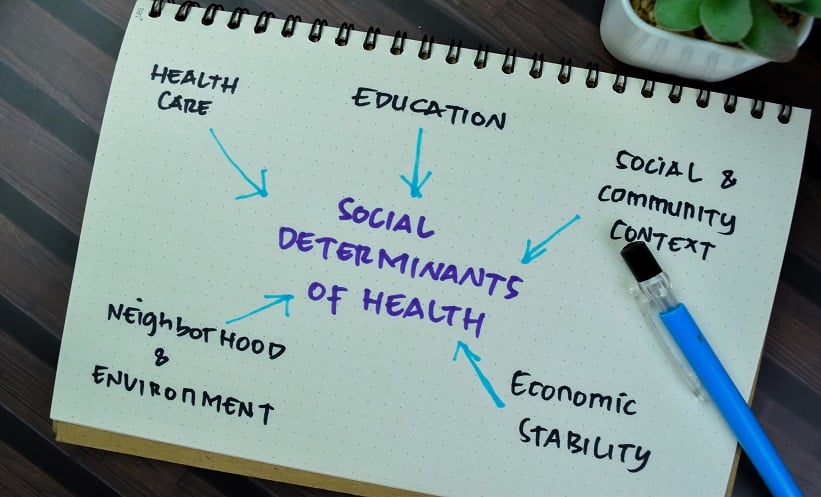BREAKING research presented at the Society of Hematologic Oncology (SOHO) 11th Annual Meeting uncovered disparities in outcomes for patients with haematologic malignancy in the USA. Factors like health insurance, healthcare facility, education, income, and marital status were identified as key contributors. While survival rates have seen significant improvements for those with blood cancers, specific underserved groups still face worse outcomes, including higher mortality rates.
Marisol Miranda Galvis, Georgia Cancer Center, Augusta, USA, and colleagues performed a systematic review to identify the methodologies used to assess social determinants of health in oncology, and to gauge the impact of these determinants on outcomes in individuals with hematologic malignancies.
The research involved an extensive search across various databases, yielding 41 eligible studies involving a total of 24,353 patients. Notably, 63.4% of these studies were conducted on a national scale, while 19.5% were at the state level, and 17.1% at the institutional level. The primary data sources for this analysis included the National Cancer Database (41.5%), state databases (19.4%), Surveillance, Epidemiology, and End Results (SEER; 17.1%), and medical records (14.6%).
The analysis encompassed a wide range of studies, with the majority (73.2%) focusing on overall survival. A smaller portion delved into early mortality (10.7%); cancer-specific survival (8.9%); and various other outcomes, such as progression-free survival, disease-free survival, or treatment-related mortality (7.2%).
When examining the social determinants of health, the studies explored various facets. Approximately 53.0% of them delved into healthcare access, 25.0% examined economic stability, 14.4% assessed education access, and 7.6% scrutinised social context. Notably, none of the studies assessed neighbourhood factors.
The outcomes of this comprehensive analysis established a clear association between social determinants of health and compromised survival rates. Factors that notably contributed to worse outcomes included a lack of insurance, or reliance on government insurance; receiving treatment at non-academic facilities, such as community cancer centres or integrated network cancer programmes; undergoing treatment at lower-volume facilities; being treated by less specialised providers, such as community-based providers or general haematologists/oncologists; marital status (particularly being unmarried); lower household income; and lower education level.
These findings offer a valuable opportunity to pinpoint underserved patient populations, as concluded by the authors. The investigators underscored the critical need for implementing targeted social interventions to provide more effective support to these patients.
Such interventions could encompass several strategies, including widening access to preventative healthcare; adopting measures to reduce delays in cancer diagnosis and access to treatment; expanding the availability of evidence-based therapies; introducing shared care models; and, particularly for unmarried patients, assisting them in establishing a social network to ensure they receive the necessary support.







